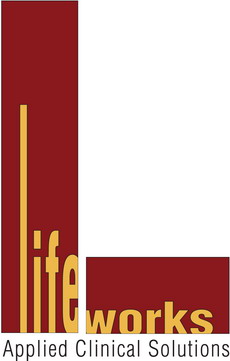ABOUT US SERVICES GIGGLES DOWNLOADS LINKS CONTACT US PRIVACY POLICY

SERVICES
Identification of custom durable medical equipment that meets the clients seating and positioning needs. This assessment a) explores and defines the person's seating, positioning, and mobility limitations; b) when applicable, recommends specific off-the-shelf or customized durable medical equipment and components and; c) produces thorough justification for each piece of durable medical equipment. The evaluation process is generally conducted by an occupational therapist with input from the client; his/her care provider or parents, a regional center service provider, and a client-preferred durable medical equipment provider. When applicable, we also encourage the input of day program staff and teachers. Other clinicians may also be a part of the evaluation team.
Identifies physical constraints and barriers that impede the client's independent function or the care provider’s ability to effectively provide adequate and safe care. Environmental accessibility evaluations explore the client’s need for bathroom modification (i.e. installation of a roll-in shower), ramps, mechanical lifts, door width widening, and other similar types of modifications that improve the wheelchair accessibility of the home. Environmental accessibility evaluations may also explore options that improve the care giver’s ability to transport the client. These include considering need for van lifts, specific vehicle modifications, external wheelchair carriers or alternative mobility equipment that facilitate travel. It does not include assessment of a vehicle for modification to allow adaptive driving.
Determines the need and the type of alternative or augmentative communication device required by a person to effectively communicate. This assessment a) explores and defines the person's communication limitations; b) when applicable, recommends specific compensatory communication strategies and / or alternative augmentative communication devices and essential components; c) provides individualized justification for recommended equipment and components. The evaluation process is generally conducted by a licensed speech and language pathologist with input from the client, his/her care provider or parents, a regional center service coordinator, and an occupational therapist when applicable.
Determines the need for specific adaptive computer hardware, software, and peripherals necessary to allow a person to work or complete academic tasks. This assessment a) analyzes the person's work or academic tasks; b) determines how the disability or condition limits the person's ability to perform the tasks; c) determines how the computer can be modified using adaptive software, hardware, and peripherals to allow the person to effectively perform the tasks; d) justifies the necessity of each component of the recommended system. The evaluation process is generally conducted by an occupational therapist with input from the client, and other service providers.
Consultation services are provided to address unique issues and conditions defined by the referring person or agency. Areas of consultation may address wide areas such as: assistive technology, funding for durable medical equipment, allied health services resource development, staff training, etc. Consultation services may also include specific evaluations to provide a second opinion, especially in cases when denial of specific durable medical equipment or services is disputed by a client or his/her care providers. Lastly, consultation services also include Occupational Therapy (OT) consult services for licensed residential care facilities. These include initial assessment of the consumer’s functional daily living skills, staff training pertinent to lifting and transferring, feeding, positioning, wheelchair maintenance and, development of specific training goals when applicable. Consult services are provided on a quarterly basis by a licensed occupational therapist.
Services provided to ensure successful implementation or utilization of recommended strategies, durable medical equipment, or adaptive equipment. Examples of follow-up services include, but are not limited to, wheelchair fitting, instruction of client and other service providers regarding use of specific durable medical equipment, adaptive devices, adaptive strategies, and procedures to improve care and safety of the client.
Last Updated: June 10, 2009
Web Design by
Moomp Photography and Design